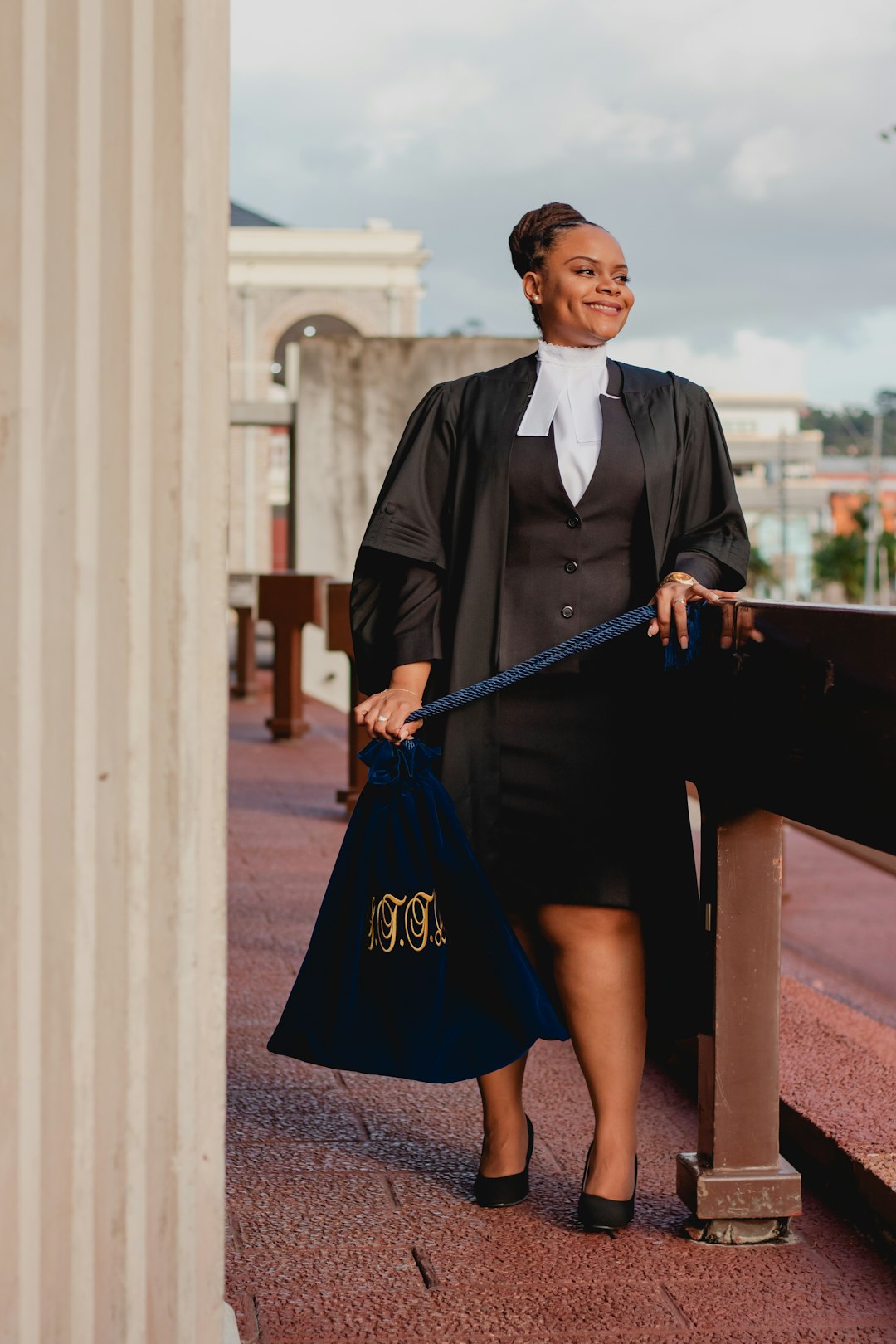Bystander training in Rhode Island equips individuals to recognize and intervene in potential sexual abuse situations, empowering communities to prevent trauma and support victims. Sexual abuse lawyers play a vital role by advocating for stringent laws, policies, and awareness campaigns. Continuous education and integration of bystander training into legal frameworks are key to fostering a culture of prevention and accountability, ensuring safer environments and justice for survivors.
In Rhode Island, bystander training is emerging as a crucial tool in the prevention of sexual abuse. This comprehensive guide explores how these educational initiatives equip individuals with the knowledge and skills to intervene in potentially harmful situations. From understanding the concept to its impact on community empowerment, we delve into the key roles of lawyers and advocates in fostering long-term solutions. By examining legal aspects and real-world applications, this article highlights the importance of bystander training in creating a safer environment for all Rhode Islanders.
Understanding Bystander Training: A Key Tool

Bystander training is a powerful tool in the fight against sexual abuse, and its impact can be transformative for communities across Rhode Island. This type of training empowers individuals to recognize and respond appropriately when they witness or suspect sexual misconduct. By educating people on the dynamics of power imbalances, subtle signs of abuse, and effective intervention strategies, bystander training enables a collective responsibility to address this sensitive issue.
A sexual abuse lawyer in Rhode Island often emphasizes the importance of such training as a preventive measure. It teaches individuals how to become active agents of change, potentially stopping abusive situations before they escalate. This proactive approach fosters a culture of awareness and support, where bystanders can step in, provide assistance, or notify authorities when faced with concerning behaviors.
Sexual Abuse Prevention: Rhode Island's Focus

In Rhode Island, preventing sexual abuse is a critical public health concern that requires collective effort and awareness. The state has recognized the importance of educating the community, especially bystanders, to recognize and intervene in potential cases of sexual violence. This proactive approach aims to create a safer environment for all residents, particularly vulnerable groups like children and adults with disabilities.
Bystander training is a powerful tool being utilized across Rhode Island to empower individuals to become active agents of change. Through interactive workshops and educational programs, bystanders learn the signs of sexual abuse, appropriate responses, and how to safely intervene without putting themselves in harm’s way. With increased awareness, citizens can report suspicious behaviors, offer support to potential victims, and potentially prevent severe trauma. A sexual abuse lawyer in Rhode Island often collaborates with local initiatives to ensure that communities are equipped with the knowledge to recognize and combat this pervasive issue.
Empowering Communities: Training Impact

Bystander training empowers communities in Rhode Island to take proactive steps against sexual abuse. By equipping individuals with the knowledge and skills to recognize and respond to potentially harmful situations, these programs foster a culture of prevention. Participants learn to identify red flags, understand consent, and know how to safely intervene when someone is at risk. This collective effort not only empowers bystanders but also strengthens community bonds, creating a safer environment for all.
A sexual abuse lawyer in Rhode Island often finds that communities with high levels of bystander training have seen significant decreases in reported incidents. This shift isn’t just statistical; it represents a profound change in societal attitudes and behaviors. Empowered individuals are better equipped to support survivors, challenge perpetrators, and demand accountability, ultimately breaking down the barriers that have long surrounded sexual abuse and its prevention.
Legal Aspects: The Role of Lawyers

In the context of sexual abuse prevention, lawyers in Rhode Island play a crucial role by ensuring that legal frameworks are robust and effective. They advocate for stringent laws and policies aimed at deterring and addressing sexual violence. Through their expertise, they contribute to public safety by interpreting and enforcing laws related to sexual abuse, helping to establish clear guidelines and consequences for perpetrators.
Moreover, lawyers actively engage in raising awareness about the legal rights of survivors and available resources, empowering individuals affected by sexual abuse to take action. Their presence strengthens the justice system’s ability to respond promptly and appropriately to cases of sexual misconduct, fostering an environment where prevention and support are prioritized alongside punishment.
Long-Term Solutions: Sustaining Change

Implementing bystander training is a significant step towards fostering a culture of prevention and accountability in Rhode Island. However, creating long-term solutions for addressing sexual abuse requires sustained commitment and collaboration from various sectors. This includes ongoing education programs in schools, workplaces, and community organizations to ensure that awareness and intervention skills are regularly refreshed and reinforced.
A crucial aspect is also the integration of bystander training into legal frameworks and policies. Sexual abuse lawyers play a vital role in advocating for laws that encourage reporting, protect victims’ rights, and hold perpetrators accountable. By combining educational initiatives with robust legal support, Rhode Island can work towards breaking the cycle of sexual violence, ensuring a safer environment for all its residents, and providing justice for survivors.





